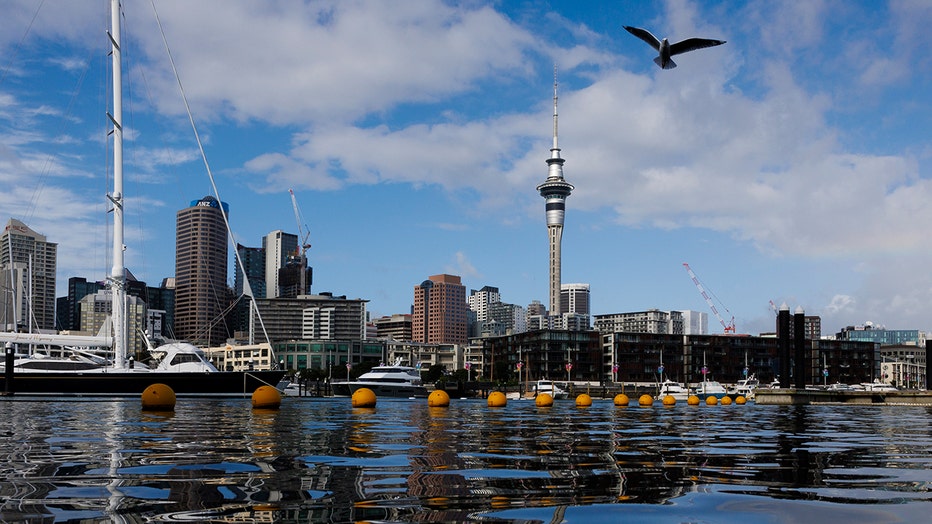These countries have the best work-life balance – and the US isn’t one of them
Sanders bill would enact 4-day workweek
Senator Bernie Sanders has introduced a bill to reduce the workweek in America from 40 hours to 32 hours with no loss in pay.
If you’re looking to relocate to a place with a better work-life balance, you may want to consider one of these countries.
The company Remote recently conducted its second annual study on work-life balance to highlight the countries focused on employee wellbeing and how global attitudes to that balance are changing.
In April, researchers at Remote analyzed the world’s top 60 GDP countries to find out which ones offered the best work-life balance for employees. The company looked at a variety of factors including an employee’s happiness, inclusivity, safety, healthcare, average hours worked, annual leave, sick pay and paid maternity leave.
Here’s a look at how the countries ranked.
New Zealand ranks No.1 for best work-life balance
The Antipodean nation of New Zealand held the top spot in the study’s index, having also ranked #1 in their 2023 study.

FILE: Auckland, New Zealand. (Credit: Buda Mendes/Getty Images)
According to the research team, the ranking was based on its strong economy, working culture, high minimum wage, and a generous annual leave entitlement of 32 days. Additionally, New Zealand scored well on its "Happiness Index" and was considered one of the safest countries to live and work in.
Despite this ranking, the company found that European countries dominated the top 20, with sixteen of the top 20 nations in Europe.
Here are the colleges with the happiest students
The Princeton Review surveyed thousands of college students to come up with its 2020 list.
The report also found that Nordic nations were the happiest in the world, with Finland, Denmark and Sweden ranking highest.
"Improving life-work balance can help employers increase retention rates, and attract elite candidates from more diverse global talent pools," Remote said in the study.
The 10 countries with the best work-life balance in 2024
- New Zealand: 80.76
- Ireland: 77.89
- Belgium: 73.45
- Denmark: 73.45 (Tied with Belgium)
- Canada: 72.75
- Germany: 71.84
- Finland: 71.55
- Australia: 71.35
- Norway: 70.85
- Spain: 70.60
US and UK have poor performance
The United Kingdom lost its place in the top 10 from 2023 (falling to 15th) primarily due to a reduced happiness score and a relatively lower safety rating.
Known for its restrictive workplace policies, the United States remains one of the lowest-ranking countries on our list (55th out of 60).
The push for 4-day work weeks
Results from a major trial of a four-day workweek in the U.K. showed significantly reduced rates of employee stress and illness while maintaining productivity.
The six-month trial, billed as the world’s largest of its kind, included 61 companies that committed to a 20% reduction in working hours for all staff — with no drop in wages. It began in June and ran through December 2022.
The four-day workweek trial was developed and led by the nonprofit 4 Day Week Global, the think tank Autonomy, and in partnership with researchers at Cambridge University, Boston College and Oxford University.
RELATED: 4-day workweek boosts employee happiness while preserving productivity, major trial finds
The organizers of the trial found that 71% of employees self-reported lower levels of "burnout," and 39% said they were less stressed, compared to the start of the trial. There was also a 65% reduction in sick days, and a 57% fall in the number of staff who quit, compared to the same period the previous year.
Meanwhile, company revenue barely changed during the trial period and even increased marginally by 1.4% on average, according to the results.
In March, Sen. Bernie Sanders introduced legislation that would give Americans a 32-hour workweek with no loss of pay.
Sanders' bill, the Thirty-Two Hour Workweek Act, would reduce the standard workweek from 40 hours to 32 hours over four years by lowering the threshold for overtime pay for non-exempt employees.

